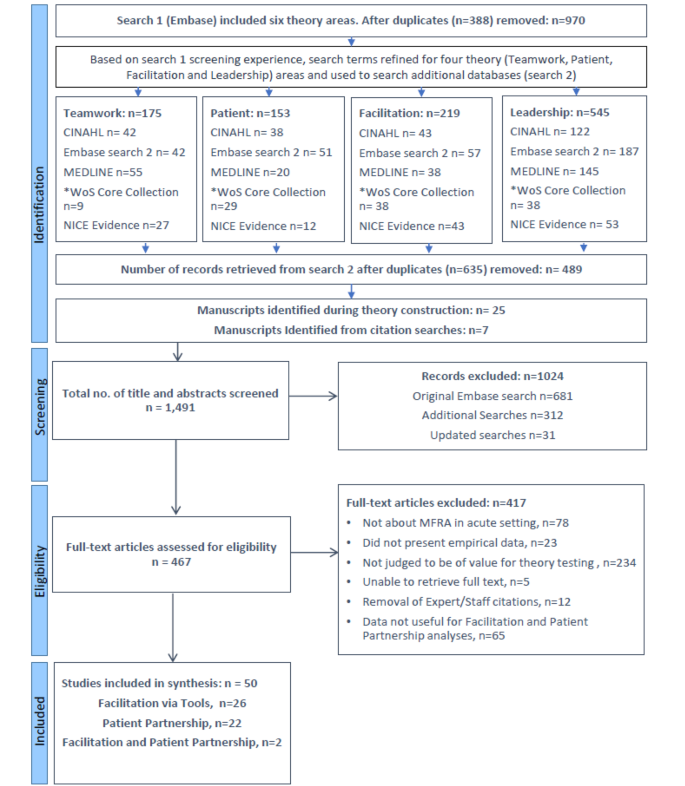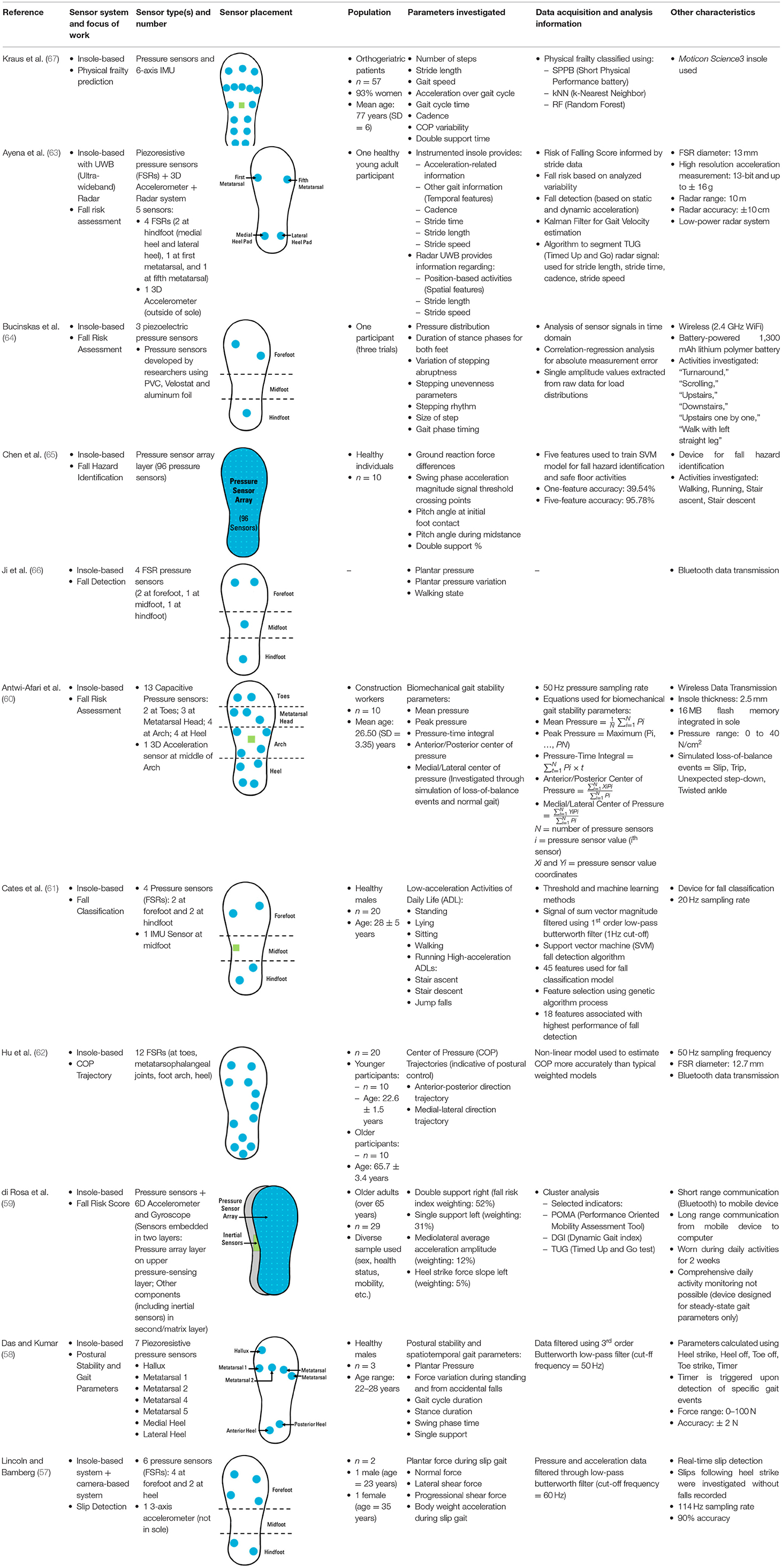All About Dementia Fall Risk
All About Dementia Fall Risk
Blog Article
The smart Trick of Dementia Fall Risk That Nobody is Talking About
Table of ContentsThe Basic Principles Of Dementia Fall Risk Not known Facts About Dementia Fall RiskExamine This Report on Dementia Fall RiskThe Ultimate Guide To Dementia Fall Risk
A loss danger assessment checks to see just how likely it is that you will drop. It is mostly provided for older adults. The evaluation typically includes: This consists of a series of inquiries regarding your total health and wellness and if you have actually had previous falls or troubles with balance, standing, and/or strolling. These tools examine your strength, equilibrium, and stride (the method you stroll).Treatments are suggestions that might minimize your risk of dropping. STEADI consists of three steps: you for your danger of falling for your danger aspects that can be enhanced to try to prevent falls (for example, balance problems, impaired vision) to lower your threat of falling by using reliable methods (for example, supplying education and resources), you may be asked several inquiries including: Have you fallen in the previous year? Are you fretted about dropping?
You'll sit down once again. Your company will check the length of time it takes you to do this. If it takes you 12 seconds or even more, it might mean you are at higher risk for a loss. This examination checks stamina and balance. You'll being in a chair with your arms went across over your chest.
The placements will obtain tougher as you go. Stand with your feet side-by-side. Move one foot midway ahead, so the instep is touching the big toe of your other foot. Move one foot totally in front of the various other, so the toes are touching the heel of your other foot.
Not known Details About Dementia Fall Risk
A lot of drops occur as a result of multiple contributing aspects; consequently, managing the danger of dropping begins with determining the variables that add to drop threat - Dementia Fall Risk. Several of the most relevant risk elements include: History of prior fallsChronic medical conditionsAcute illnessImpaired gait and balance, lower extremity weaknessCognitive impairmentChanges in visionCertain high-risk medicines and polypharmacyEnvironmental elements can likewise enhance the danger for falls, including: Insufficient lightingUneven or damaged flooringWet or slippery floorsMissing or harmed handrails and grab barsDamaged or improperly fitted tools, such as beds, wheelchairs, or walkersImproper use of assistive devicesInadequate supervision of the people living in the NF, including those who show hostile behaviorsA effective loss danger administration program needs a detailed professional analysis, with input from all members of the interdisciplinary team

The care strategy must likewise include interventions that are system-based, such as those that advertise a secure atmosphere (suitable lighting, hand rails, order bars, and so on). The performance of the treatments must be evaluated regularly, and the care plan changed as needed to show changes in the loss threat evaluation. Executing a loss threat administration system using evidence-based ideal technique can minimize the prevalence of drops in the NF, while try this site restricting the potential for fall-related injuries.
Dementia Fall Risk Fundamentals Explained
The AGS/BGS guideline suggests screening all adults matured 65 years and older for fall risk every year. This testing is composed of asking individuals whether they have actually fallen 2 or more times in the past year or sought clinical focus for a fall, or, if they have not fallen, whether they really feel unsteady when walking.
People that have actually fallen when without injury needs to have their equilibrium and gait examined; those with stride or balance irregularities need to receive additional evaluation. A history of 1 autumn without injury and without gait or balance problems does not require more analysis past continued annual fall risk screening. Dementia Fall Risk. A loss threat assessment is required as part of the Welcome to Medicare evaluation

Getting My Dementia Fall Risk To Work
Documenting a falls background is just one of the top quality indications for autumn prevention and management. A crucial component of danger assessment is a medicine evaluation. Several classes of medications enhance fall risk (Table 2). copyright medicines specifically are independent predictors go to this website of drops. These medicines tend to be sedating, modify the sensorium, and hinder balance and stride.
Postural hypotension can frequently be alleviated by lowering the dosage of blood pressurelowering drugs and/or stopping medications that have orthostatic hypotension as a side result. Use above-the-knee assistance hose and copulating the head of the bed elevated might also lower postural reductions in high blood pressure. The suggested components of a fall-focused checkup are received Box 1.

A Pull time higher than or equal to 12 seconds recommends high loss threat. Being unable to stand up from a chair of knee height without using one's arms indicates enhanced fall risk.
Report this page